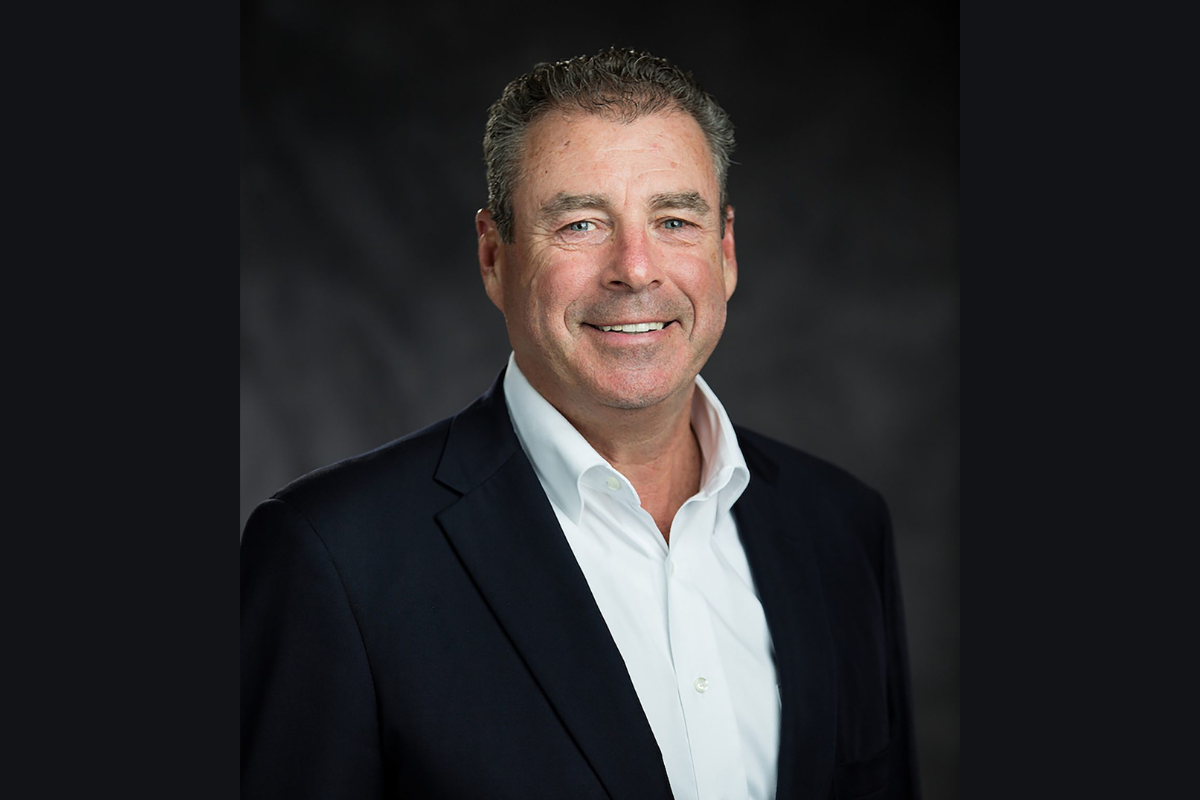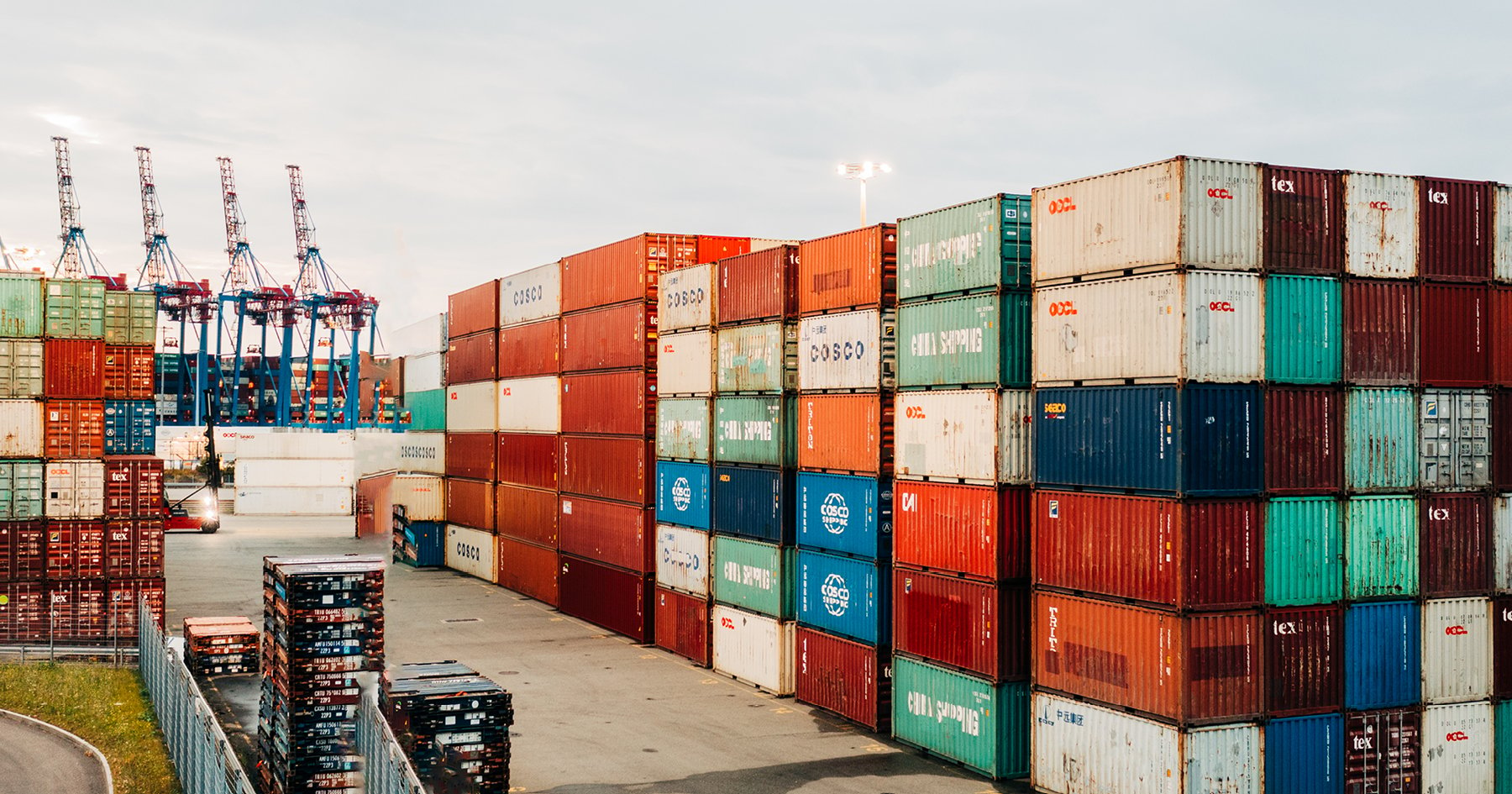John Burke was an early believer in supply chain transparency. As CEO of supply chain solutions company Armada, he promoted the benefits of such transparency during the 2010s, but potential customers showed scant interest.

Then, when the COVID-19 pandemic struck, supply chains snarled, provoking shortages of everything from foodstuffs to complex machines as products sat at docks waiting for ships, and seasonal merchandise started arriving long after the fact.
“We struggled probably from 2011 to 2015,” John tells The CEO Magazine. “We began to get a bit of traction prior to the pandemic, and then the events that transpired during the pandemic really accelerated the trajectory of the business. It moved the market in a way that more people now want to engage with us. More people want to talk to us about those services centered on transparency.”
Armada’s services allow its customers to “understand what exactly is going on in their supply chains – not just cost, but when supply chains start performing poorly”, John explains. “Those are things we’re not used to.”
Strategic shift
Supply chains have not received much fanfare in the past, even as complex logistics made globalization possible. Most supply chains operated out of sight and out of mind – except for occasional glitches. Companies usually opted for the lowest cost suppliers without fully knowing how their products were brought to markets.
Pittsburgh-based Armada first set about revolutionizing supply chains in the mid-90s. Or, as John would say, providing “supply chain orchestration” for the optimum end-to-end operation of supply chains.
John joined Armada in 1992, becoming CEO in 2011 as the company – which traces its origins to the 1890s, when it started out as a meat-packing business – pivoted from being a logistics organization to a supply chain management organization.
He focused Armada on the concept of fourth party logistics (4PL), which he describes as a strategic shift in thinking to complete transparency with customers.
That transparency, he explains, involves “the cost of things you buy and sell, the cost of your operations, becoming transparent to your clients. You move your folks culturally from seeking to maximize your margin, to really seeking to be advocates for your clients in the marketplace. And your margin, your profitability, is more fixed.”

We work hand-in-hand across multiple functions and departments in our clients’ organizations, which means becoming much more of an integral part of your client’s business.
Along with supply chain orchestration, John has promoted the concept of “in-sourcing”, which overhauls the concept of outsourcing. Rather than farming out activities to another firm and allowing it to operate with little oversight, in-sourcing involves working closely with companies and becoming part of their organization.
“We’ve coined a new term that we call an ‘in-source partner’, with the idea that we’re really taking a whole bunch of supply chain activities and doing them on behalf of our clients. But we do them in a way that’s very connected to our clients’ organizations,” John says.
“We work hand-in-hand across multiple functions and departments in our clients’ organizations, which means becoming much more of an integral part of your client’s business.”
Armada boasts a long track record of working with global corporations. John says the company differentiates itself from competitors by providing logistical services for customers, which it complements with innovative value-added services such as technology integration and orchestration services.
“If you can’t perform at high levels in basic operations, your clients won’t let you have those next conversations,” John says. “Being able to perform at levels that meet and beat the expectations of your clients opens the door for the opportunity to have discussions and conversations around the value-added services you can provide.”
Trial and error
Armada has worked hard to iron out supply chain issues for clients throughout the pandemic. But the post-pandemic landscape presents unique challenges, according to John, especially in attracting and retaining top talent.
“The availability of talent in the marketplace right now is so thin,” he says. “You have to go to the job market with less specificity than organizations are used to. When there’s an opportunity to hire great people, you need to get them on board and find a way to help them, to allow them to contribute to your organization.”
John has positioned Armada as an attractive destination for talent. He emphasises Armada’s corporate culture as a starting point for success.
“As a service company, you’re only as good as the collective efforts of the people who work for you. And, to me, culture is paramount,” he says. “We have a great, innovative culture of trial and error; we aren’t punitive when there’s failure – we encourage people to try different things.
“No one is ever disciplined for trying something different,” he adds. “We really maintain that as a culture.”

As a service company, you’re only as good as the collective efforts of the people who work for you. And, to me, culture is paramount. We have a great, innovative culture of trial and error.
To help get everyone on the same page, Armada brings its staff together at the beginning of every year to do “meaningful strategic work”, according to John.
“It really helps motivate folks to, if you will, row the boat in the same direction, without having to engage everybody on a constant touchpoint basis,” he says. “I think for any organization that is trying to grow and trying to do a lot of different things, strategic alignment is the most important thing to have.”
The pandemic forced people to work at home as workplaces closed. John says Armada’s staff adjusted well to remote work, and many will continue the practice. But he also sees the need for face-to-face contact, given the importance of maintaining Armada’s unique culture.
“You have to be a lot more thoughtful as a leader to leverage the time people are together, to make sure you’re achieving the furthering of your culture and the furthering of folks’ development,” he says.
“Culture is what happens when you’re not in the room,” he adds. “We’re really careful to make sure that when people are together and working together, they’re always making the same decisions senior management would make.”
Sponsored by: Hirschbach
Trucking makes the world go round and Hirschbach knows what it takes to carry that kind of weight.
Read More



